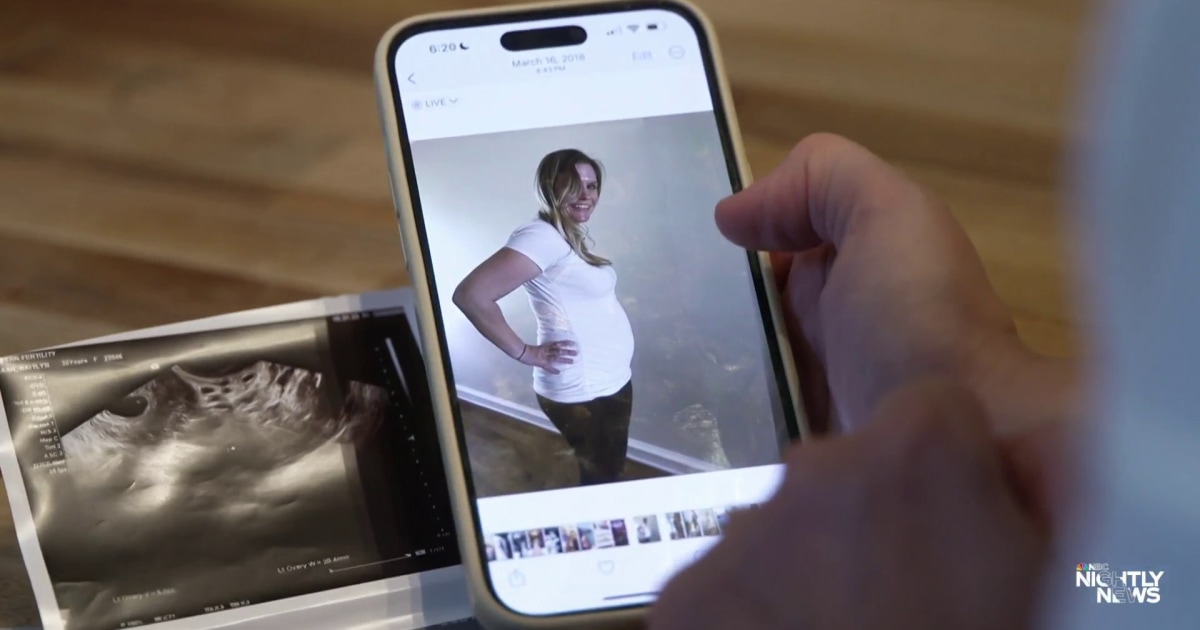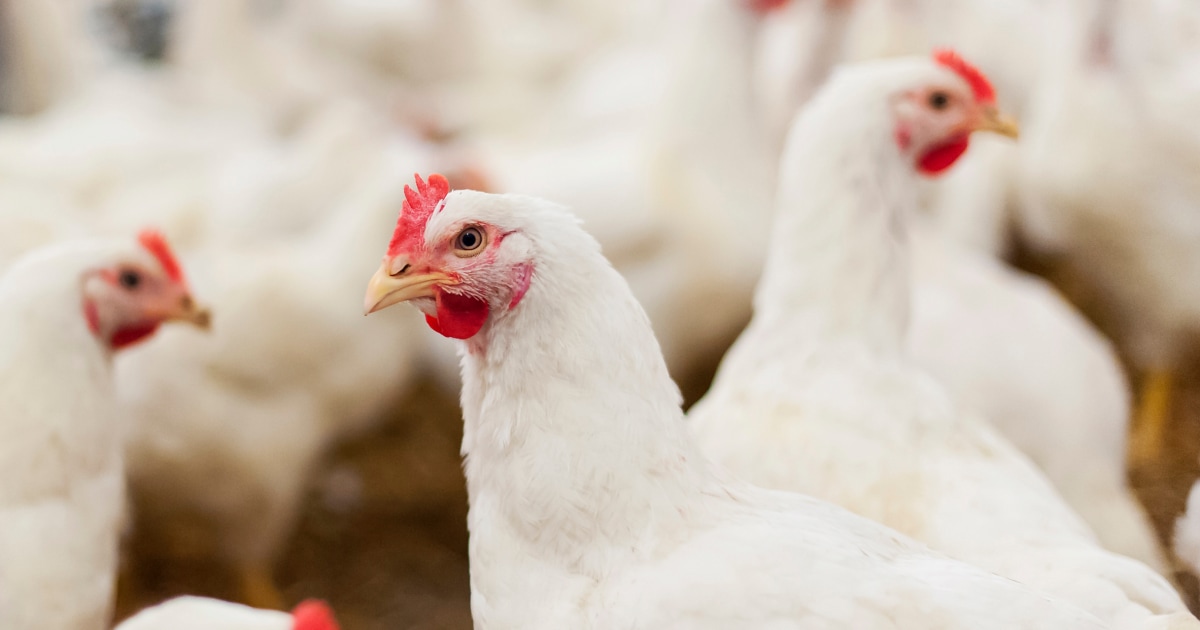Surgery might not be the answer for more than one million Australians suffering from osteoarthritis of the knee. or signup to continue reading Most people can reduce pain and boost mobility with tailored exercise and avoid the potential complications, costs and recovery times of surgery, the Australian Commission on Safety and Quality in Health Care says. Phoebe Holdenson Kimura, general practitioner and medical adviser to the commission, said tailored exercise was safe and effective despite common misconceptions.
"Our understanding of osteoarthritis and the pathology of the knee joint and soft tissues has changed," Dr Holdenson Kimura said. Knee osteoarthritis is a degenerative joint disease categorised by a breakdown of joint tissue that can cause pain and make tasks such as walking or climbing stairs difficult. The condition affects more than 1.

2 million Australians and, along with osteoarthritis of the hand and of the hip, costs Australia's health-care system $4.3 billion a year. Osteoarthritis is more common in people aged older than 45 and those who are overweight have double the risk of developing osteoarthritis of the knee.
The commission, a government agency, has released a new standard on clinical care to reduce impairment, update treatment practices and improve clinician communication. "Let's avoid language that catastrophises osteoarthritis including phrases like 'bone on bone' and 'wear and tear', which suggest we will damage our joints by moving them," Dr Holdenson Kimura said. "That's simply not true.
" More than 53,000 knee replacements are performed on osteoarthritis patients a year - a figure expected to more than double by the end of the decade. "Non-operative approaches such as physical activity, exercise and weight management are proven to make a big difference to quality of life for most people with knee osteoarthritis," Dr Holdenson Kimura said. Gold Coast orthopaedic surgeon Christopher Vertullo said spontaneous knee pain often led to unwarranted scans and investigations.
"For most middle-age and older patients ...
the pain is likely to settle down, and immediate investigations with imaging is not usually required," Professor Vertullo said. He said about a third of his patients were unnecessarily referred to him and almost two in three had received inappropriate scans or investigations. "Patients and health-care practitioners need to rethink investigations and referrals for knee pain unless they are clinically appropriate," he said.
Prof Vertullo said patients should only be considered for joint replacement after exhausting non-operative approaches and or if they faced unbearable or unmanageable pain. "No one should enter surgery lightly," he said. "It is fantastic for end-stage osteoarthritis of the knee when someone has severe pain, but for an occasional ache, you are likely to be dissatisfied with the outcome.
" DAILY Today's top stories curated by our news team. WEEKLY The latest news, results & expert analysis. WEEKLY Get the editor's insights: what's happening & why it matters.
WEEKLY Love footy? We've got all the action covered. WEEKLY Every Sunday explore destinations, deals, tips & travel writing to transport you around Australia and the globe. WEEKLY Going out or staying in? Find out what's on.
WEEKDAYS Sharp. Close to the ground. Digging deep.
Your weekday morning newsletter on national affairs, politics and more. TWICE WEEKLY Your essential national news digest: all the big issues on Wednesday and great reading every Saturday. WEEKLY Get news, reviews and expert insights every Thursday from CarExpert, ACM's exclusive motoring partner.
TWICE WEEKLY Get real, Australia! Let the ACM network's editors and journalists bring you news and views from all over. AS IT HAPPENS Be the first to know when news breaks. DAILY Your digital replica of Today's Paper.
Ready to read from 5am! DAILY Test your skills with interactive crosswords, sudoku & trivia. Fresh daily! Advertisement Advertisement.



















